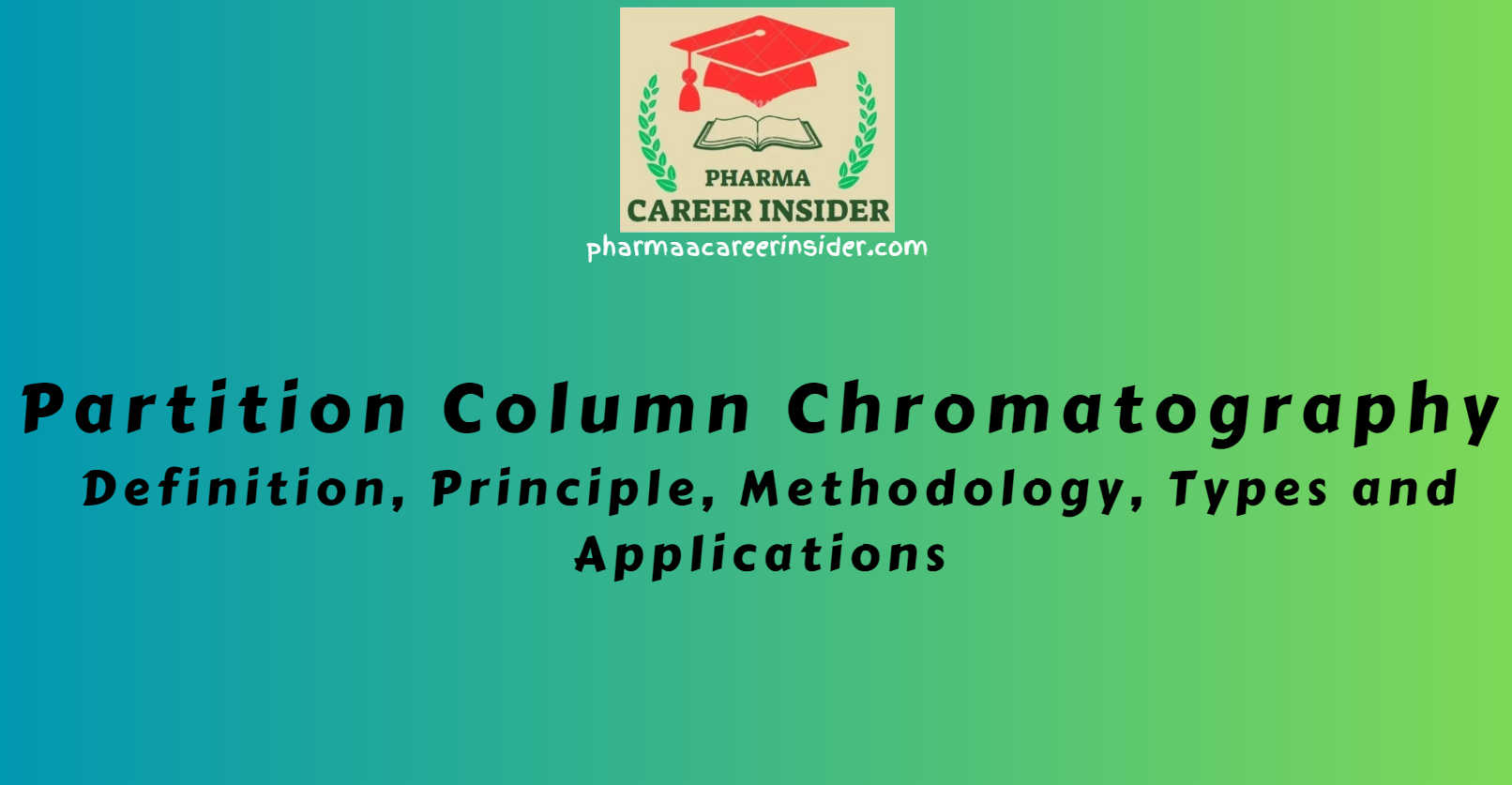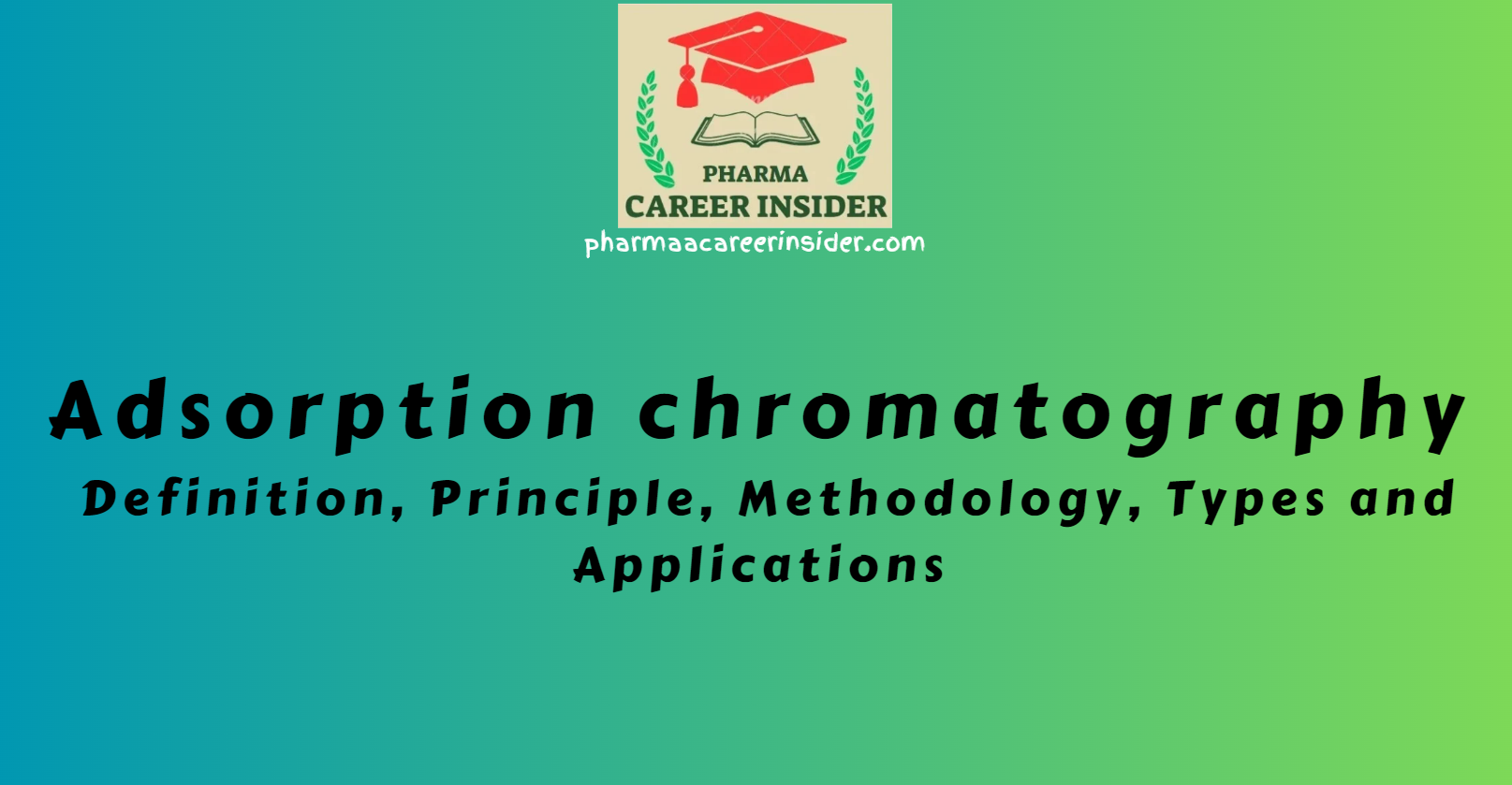Paper Chromatography: Introduction, methodology, development techniques, advantages, disadvantages and applications.
Introduction Paper chromatography is a simple and effective analytical technique used to separate and identify mixtures of substances. This method is classified under partition chromatography, where separation occurs based on the differential partitioning of solutes between a mobile phase (solvent) and a stationary phase (paper). It was first introduced in the early 20th century and … Read more




